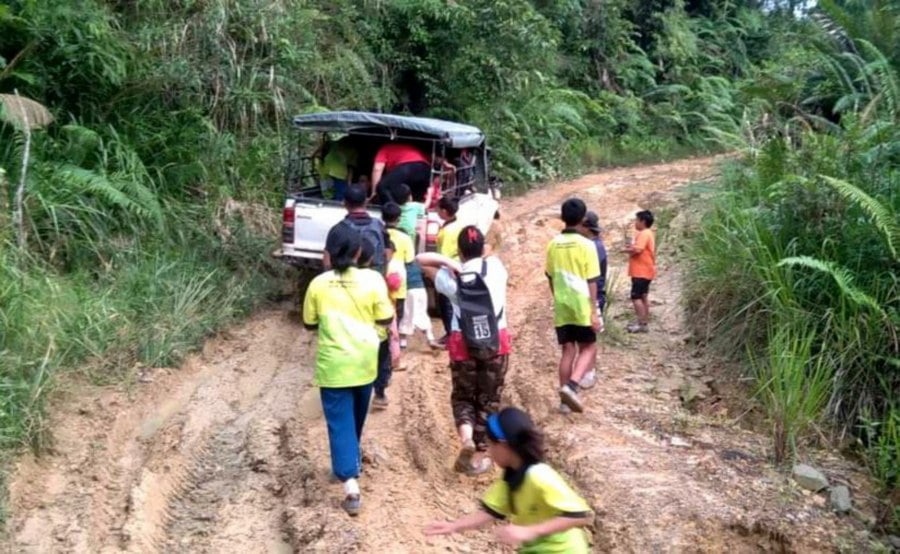By Olivia Miwil - March 15, 2024 @ 10:06am
KOTA KINABALU: It is a fact that three districts in Sabah earn less than half of the median monthly gross household income.
Yesterday at the parliament, Economy Minister Rafizi Ramli revealed that the hardcore poverty in Sabah is six times the national rate.
Based on Sabah Economic Outlook 2024-2025, economist Dr Abdul Aziz Karia said the study projected three districts needing assistance from the federal and state governments.
The Sabah Universiti Teknologi MARA (UiTM) senior lecturer said Pitas has the lowest median monthly gross household income at RM1,999 in Sabah's districts.
"It is estimated that 56.6 per cent of households in the Pitas district earn less than half of their median monthly gross household income which is at RM999.50.
"For Tongod and Kota Marudu, both districts also recorded 49.1 per cent and 42.3 per cent of their households earning less than half of their median monthly gross household income."
In comparison to urban areas with a median monthly gross household income of RM5,493, only 4 per cent of households in Penampang are earning less than 50 per cent or below RM2,746.50, followed by Kota Kinabalu and Sipitang districts amongst the lowest incidence of relative poverty, which recorded at 5.1 per cent and 6.2 per cent.
"That is why I highly recommend extending social assistance and implementing welfare programs in Pitas, Tongod, and Kota Marudu to reduce the risks of a widening gap among districts in Sabah."
Abdul Aziz agreed with Rafizi's suggestion that integrated farming could create jobs and rejuvenate Sabah's gross domestic product but the agricultural sector alone will not eradicate poverty in Sabah.
Instead, he said a slight adjustment in the state policy of producing the final product rather than exporting intermediate goods from the agriculture sector will boost the value added and state revenues.
"Sabah relies heavily on food Imports. The dependence on foreign markets can expose the region to price fluctuations and supply chain disruptions, burdening the state's cost of living.
"This is the time, and potentially, is one of the steppingstones to align the agriculture and manufacturing sectors as one of the Sabah economic drivers to improve Sabah's standard of living."
Earlier this year, Sabah Chief Minister Datuk Seri Hajiji Noor had set a target to reduce hardcore poverty by 80 per cent.
The state now has more than 22,000 hardcore poor Household Heads (KIR).

Comments
Post a Comment